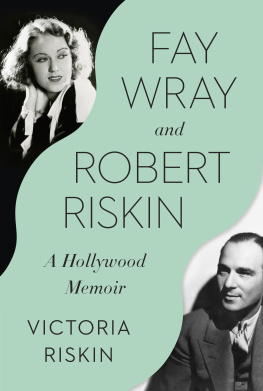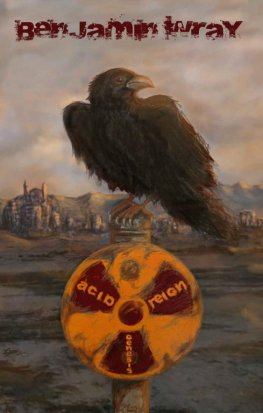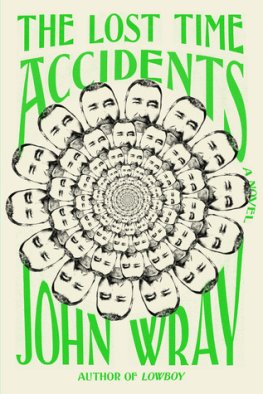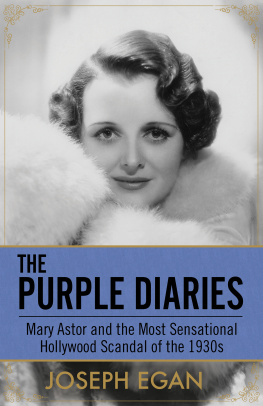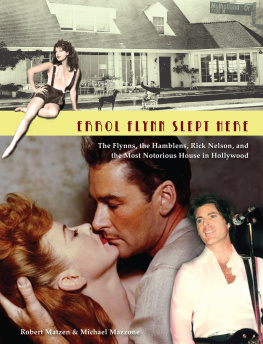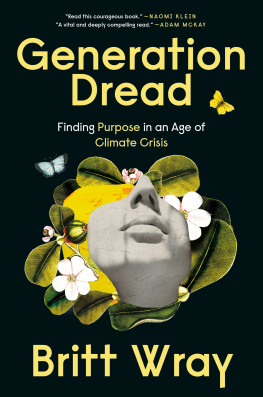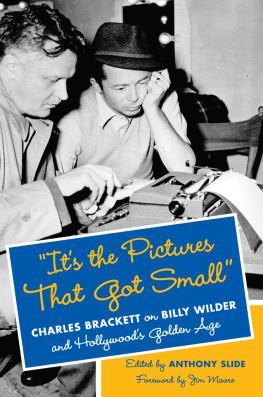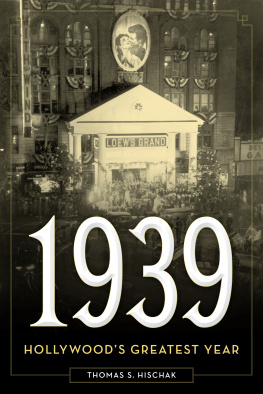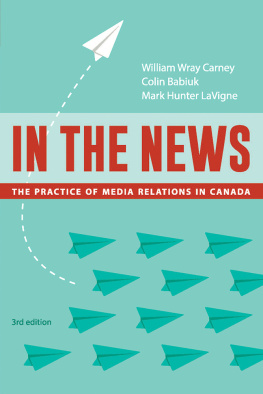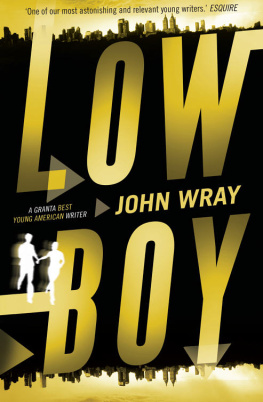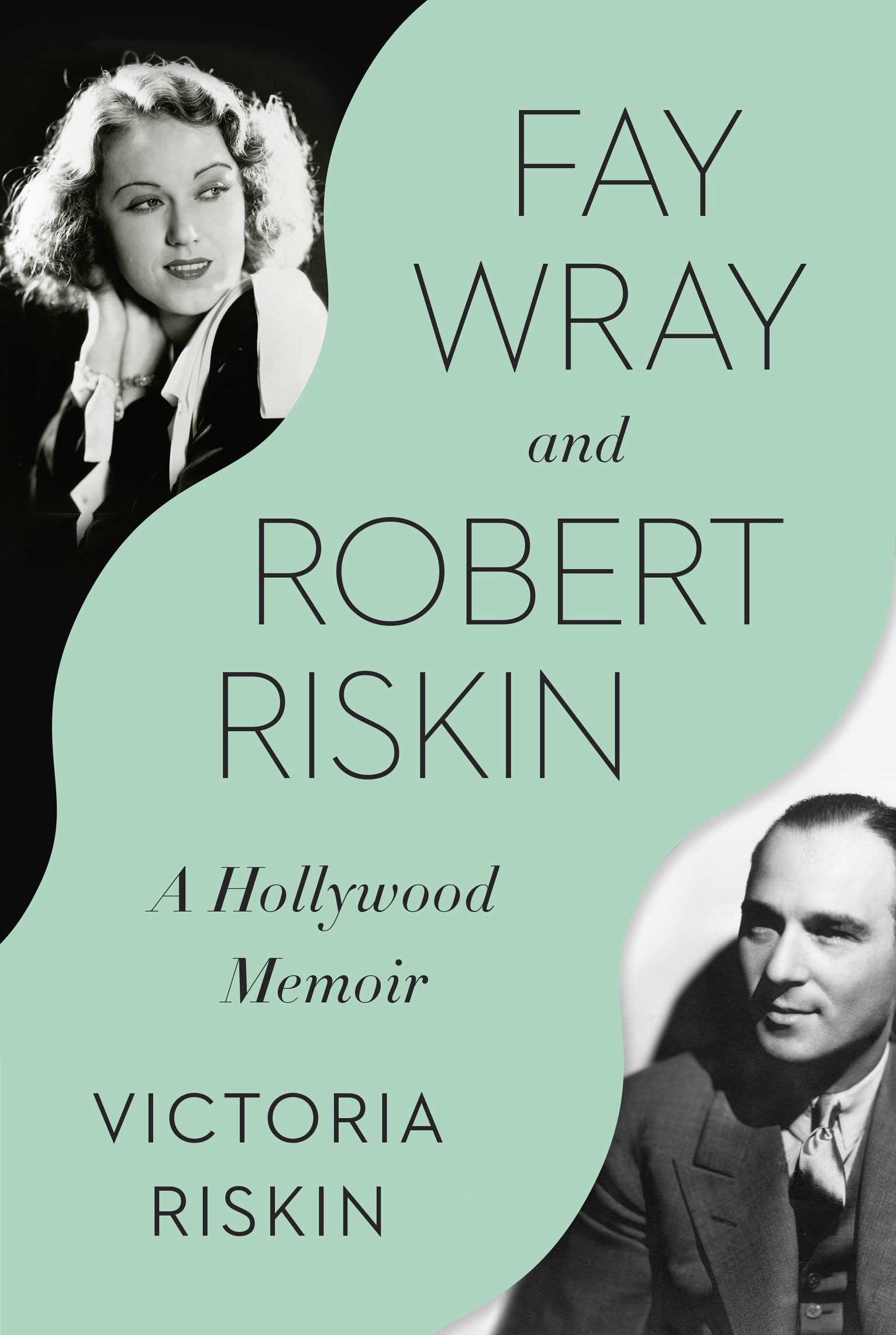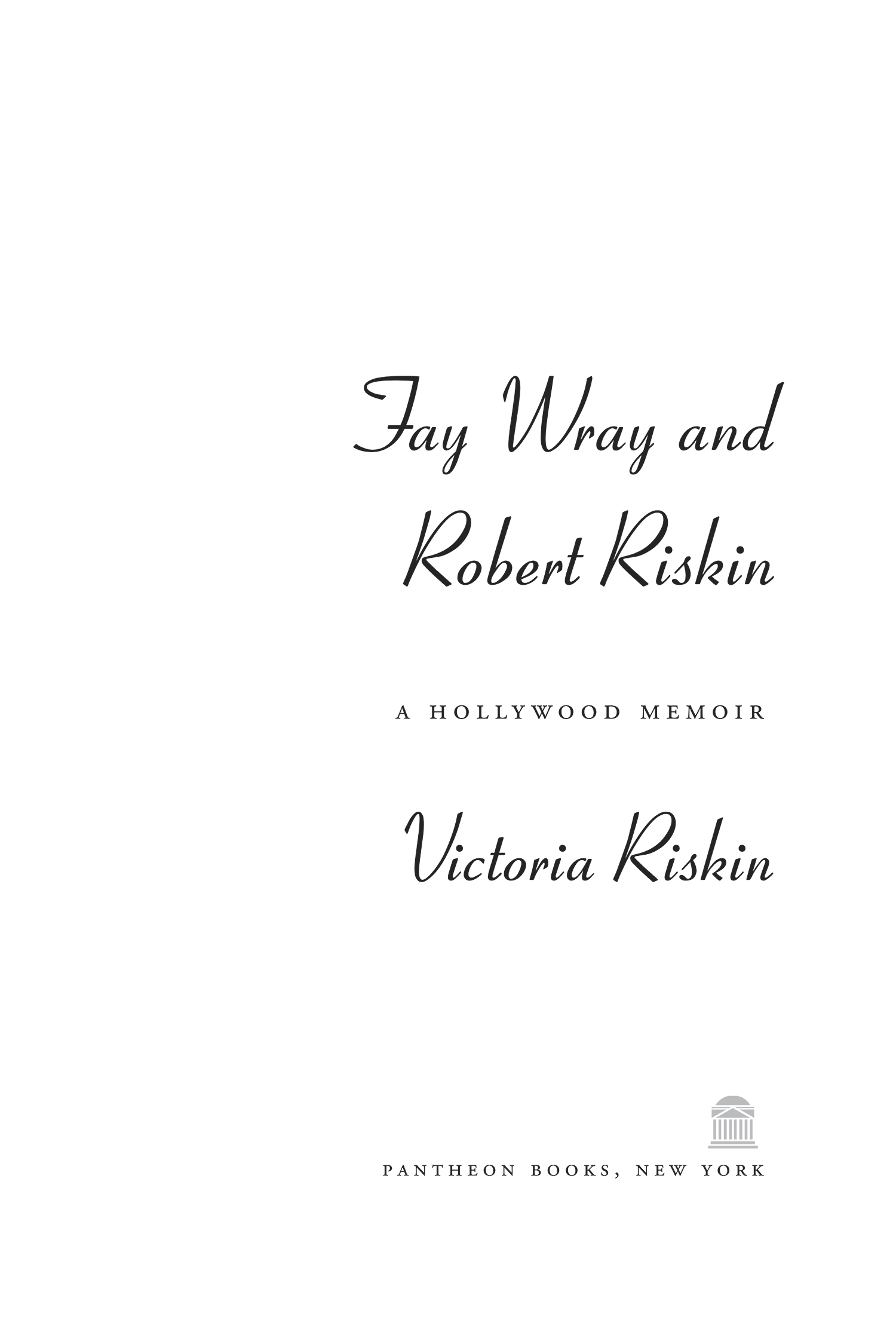All rights reserved. Published in the United States by Pantheon Books, a division of Penguin Random House LLC, New York, and distributed in Canada by Random House of Canada, a division of Penguin Random House Canada Limited, Toronto.
Pantheon Books and colophon are registered trademarks of Penguin Random House LLC.
Names: Riskin, Victoria, author.
Title: Fay Wray and Robert Riskin : a Hollywood memoir / Victoria Riskin.
Description: First edition. New York : Pantheon Books, 2019. Includes bibliographical references and index.
God gave us memory so that we might have roses in December.
J. M. BARRIE
INTRODUCTION
For my mother, it had already been A Great Adventure. A sometimes wild ride.
She had been put on a railroad train from Salt Lake City to Los Angeles at age fourteen, somehow entrusted by her strict Victorian mother to the care of a charming twenty-one-year-old man who had said he could, maybe, get her into movies. There had been no money in their tiny home, no man to provide for them, six hungry mouths and some days nothing to feed them but bread soup. Later she said, Maybe Mama put me on the train so thered be one less mouth to feed. My mother had dreamt of a better life and perhaps Los Angeles, where she knew no one and had no family within hundreds of miles, could provide it.
The year was 1920 and Los Angeles was a rough, busy, unfinished town.
Her young man proved as good as his word. He took her to a respectable rooming house where she stayed for a dollar a night, which he paid, and then found a family who promised to look after her. Walking in Hollywood, she was seen by a producer who offered her a bit part as a clown at five dollars a day. After another small part or two, she went alone to the Hal Roach Studios, told them of her acting experience, and asked for a weekly contract. They gave it to her, six months at sixty dollars a week that soon was seventy-five dollars, a handsome salary for the time.
By 1933 she had grown into a beautiful young woman and was atop the world, literally. The immortal scene played out on the Empire State Building where she dangled in the giant hand of King Kong, the largest and most terrifying gorilla the world had ever seen. As audiences gasped, airplanes swooped around, firing machine guns at the beast. Before Kong fell to his death a hundred stories below, he made sure the woman he loved was safe on a ledge.
My mother made more than a hundred films, some with the outstanding producers and directors of the era and opposite the greatest leading men: Gary Cooper, Spencer Tracy, William Powell, Victor Jory. She used her earnings to buy her family a home in Hollywood and support them in comfort.
But along the way there were challenges: an overbearing mother and marriage to an Academy Awardwinning writer who soon revealed himself to be an alcoholic. Then came an infatuation with Cary Grant after they had starred together on Broadway, a brief romance with Howard Hughes, and a serious one with the playwright Clifford Odets.
Real love, a man she could love and who loved her back, had eluded her.
In 1930, on the day my father arrived in Hollywood on the 20th Century Limited from New York, he went to the Columbia studio on Poverty Row, where second-tier movie companies were situated. He was ordered to report immediately to Harry Cohns office, where the famed, tyrannical studio boss was conducting an inquisition among Columbias executives and contract writers about a stage play, Bless You, Sister, he had just bought, to be directed by Columbias top director, Frank Capra. Cohn turned to the newcomer and demanded to know if he had anything to say.
My father had written the play and, with his brother, produced it on Broadway, where it had failed despite positive reviews. He told Cohn he thought it would fail as a film, too, and gave his reasons. Cohn and Capra went ahead anyway, and the film failed.
From that shaky and inauspicious start, my father went on to have a celebrated career as a screenwriter, working mostly with Cohn and Capra. The films he wrote are still considered classics that helped define America to itself and the world: Lady for a Day, The Whole Towns Talking, It Happened One Night, Mr. Deeds Goes to Town, Lost Horizon, You Cant Take It with You, Meet John Doe. It Happened One Night was the first film to sweep the five top Academy AwardsBest Picture, Director, Writer, Actor, and Actress, a record matched only twice in the three-quarters of a century since: by One Flew Over the Cuckoos Nest and The Silence of the Lambs.
My fathers films reflected love for his characters, especially the ordinary people he cared about and the smart, independent women who were equal toat least equal tothe men they were paired with. His films were admired for their wit and charm, and the spirit that even in the middle of a grinding Depression, problems could be solved if we only worked together.
He was called on by Harry Cohn to give judgments on most pictures Columbia put into production after It Happened One Night. He mediated heated arguments between Cohn and Frank Capra, Columbias top director.
Outside the studio he was a strong and active supporter of FDR and the New Deal. He helped his fellow screenwriters establish a union, and as the 1930s wore on he became increasingly concerned about Americas isolationism and went to England to help Great Britain in its fight for survival against Hitler.
He also had relationships with actresses Glenda Farrell, Carole Lombard, and Loretta Young. Involved and busy as he was, by his early forties he was increasingly aware that something fundamental and important was missing in his life.
My parents met at a Christmas Eve party in 1940. My mothers first marriage had ended in divorce, and although she was spending most of her time with Clifford Odets in New York, she was briefly in Los Angeles to make a film and see friends.
My father crossed the room to talk to her. By the end of the evening he had invited her to see an acclaimed new movie, The Grapes of Wrath. And that night or very soon thereafter he fell, hard, whether because of her intelligence, her wit or infectious laugh, or the way she listened to him with undivided attention. The morning after their first date he sent her a dozen red roses and in the following days he saw her as often as he could. After she returned to Odets in New York, he told friends he was heartbroken.
It would be the following December, two weeks after Pearl Harbor, before they found each other again. And this time when they connected my parents both knew they had found the intimacy they had longed for. When my father was slow to propose,

